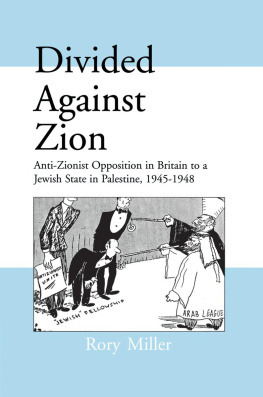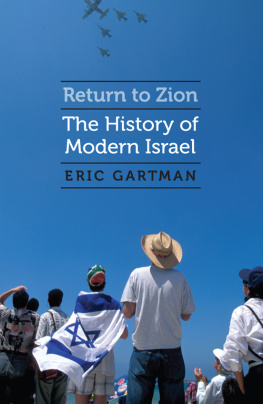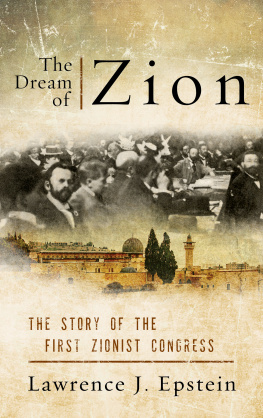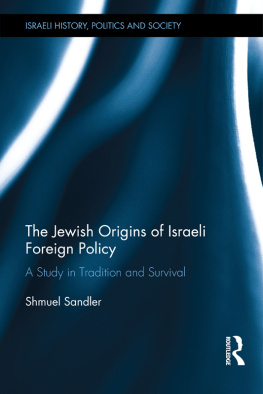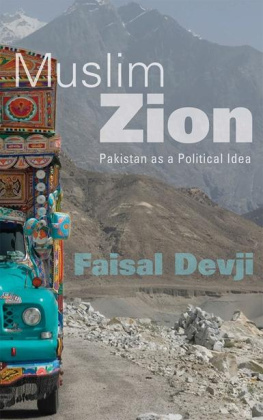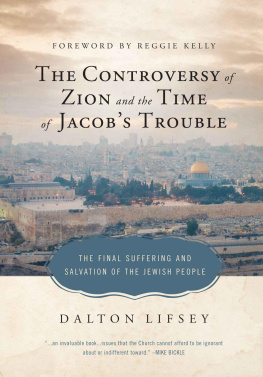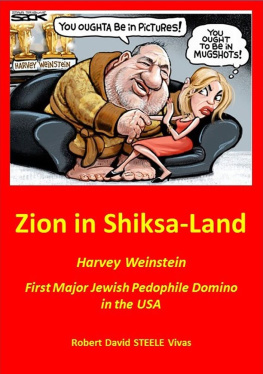T HEY KEEP ASKING ME :
Are you Jewish?
Outside the death camp at Sachsenhausen on a snowy morning just before my sixteenth birthday, the guard sighed the question over his morning paper. Thats my first memory of being asked. He wanted to see if it was worth getting up and unlocking the gate. The Memorial (thats what he called the place) was technically closed, but if I was Jewish, well, exceptions could be made
In college, walking in and out of campus, the Lubovitch with their black hats and palm fronds and their Mitzvah Mobile accosted me with the question. They wanted to perform a mitzvah on mea good deedbut only if I was really Jewish. Was your mother Jewish? Your father Jewish?
In a market in Mbale, Eastern Uganda, a young man crossed four lanes of dusty traffic to shake my hand, to say shalom, to ask if I was Jewish. He wore a knitted kippah on his head and smiled broadly. I was asked outside the cemetery in Guanabacoa, Cuba, the nexus of the islands Afro-Cuban religions. The director of the Jewish hospital in Tehran asked, a university dean in Nablus in the West Bank asked, and an Orthodox soldier at the Western Wall smirked the question at me. I could have sworn he was flirting. The fringes of his tzitzit dangled near the butt of his gun.
The same question all over the world with the same intention: to find out if I belong. Did I belong in that death camp? Was I a friend to the Ugandan Jews on the hill outside Mbale? Did I have a right to visit the Jewish cemetery in Cuba? Did I belong with the Palestinians in Nablus, with the devout at the Western Wall? Was I a member of the tribe?
I certainly didnt think of myself as a member of the tribe. I hadnt been raised with a strong sense of ethnic identity, and my family was not religious. My upbringing was more Don DeLillo than Phillip Roth (except for the masturbation guilt), and I didnt have any great desire to be Jewish. My grandmotherGram Bev we called herwould have dinners at her apartment on the Jewish High Holidays, but they were more about family than about Judaism. She didnt say prayers or even cook her own brisket. She was, in fact, a terrible cook. She was far more comfortable at cocktail parties than at synagogue, and my family followed her lead. No one in my family could read Hebrew or Yiddish or had any interest in learning to do so.
When I asked Gram Bev about where she grew up, she would tell me, simply, Virginia. She painted a picture of a grand southern plantation. I imagined her as Scarlett OHara, wearing giant hoopskirts and going to balls. She fancied herself a bit of a southern belle, even though shed moved to Baltimore when she was young. She married a businessman with a German-Jewish background, joined the country club, and played the role of the socialite, a role for which she felt she had been raised. In one of my strongest memories of her, she stands in a black Oscar de la Renta cocktail dress, leaning on the piano in a banquet hall, singing along to My Way. She had a love for crooners, and Frank Sinatra was her favorite.
Im just a thoroughly mod Gram, she would say, smiling. She was an art lover, and could perform hours of exegesis on the works of Matisse or Basquiat, but she only ever mentioned being Jewish when she talked about the time she met the Cohn sisters at their Baltimore apartment. They were two of the most notable art collectors of their day, and Gram raved about their fabulous collection, most of which now belongs to the Baltimore Museum of Art. She spent decades as a docent there, studying and teaching. She simply loved beauty and good taste, and that was how I imagined her. Even after she had a stroke, which impaired her speech and movement, she would go out to dinner at least once a week. I never saw her with less than impeccable hair and makeup. Her temple was aesthetics; her religion, art. It struck me as odd that she had the High Holidays services piped in over her phone after she had her second stroke. Id always assumed she went to the synagogue in order to be seen. I couldnt imagine what she gained by listening in from the yellow armchair in her living room. But I didnt ask either. I was more interested in talking with her about Miro than Moses.
I never knew her first husband, my grandfather. He died long before I was born, and his death pushed my father away from organized religion.
It just wasnt a comfort to me, my father said. It seemed like a show; I didnt want to be part of that. It just didnt have any meaning. I didnt know the Hebrew and I didnt want to know. Id feel like a hypocrite if I pretended to pray. And then he added, But I am proud of being Jewish. I wasnt sure what he meant by being Jewish then. If there was no religion in it, no ethnic food, no cultural events, no involvement in any Jewish organizations or studying of Jewish history, what could it have meant to him?
My mother did serve on the board of the National Council of Jewish Women, because she believed in the progressive agenda for which they advocated, but when the NCJW ladies would come over in December, we would frantically take down the Christmas stockings. There were no Jewish writers on the bookshelves and there was no Jewish music on the CD players. The news sometimes talked about Israel and the Palestinians, but I didnt imagine that had anything to do with me, and I didnt talk about it in my family.
My first memorable encounter with being a Jew sent me running to hide my tears in the bathroom. No one called me kike or drew a swastika on my locker or pelted me with stale bagels. My tormentors were studious young Jews at the Baltimore Hebrew Congregation, where my parents had sent me to get my Judaism from the professionals.
I was twelve years old and preparing for my bar mitzvah with an introductory class at the synagogue. A private tutor would come later. The classroom itself was unremarkable, looking like any primary school classroom anywhere. Paper cutouts from arts and crafts projects hung on the wall. A map of the Holy Land stood sentinel by the door, its deserts stained a pleasing pink. A poster of the Ten Commandments hung by the blackboard, and the teacher, aware, Im sure, of the authority it gave her, stood in front of it, flash cards in hand. In my mind, she wore the same robes as Charlton Heston in the movie.
There were only four of us in this class, and I provided the only masculine element, such as it was. I had gone to an all boys prep school since first grade, so I already felt a little off guard in the classroom presence of girls. The circumstances were cruelputting me in my first real contact with the opposite sex just as the awkwardness of puberty was taking hold. The entire custom seemed designed to embarrass me. One of the girls had been a regular in Hebrew school for ages and could already read the language with some proficiency. I could hardly recognize the letters, let alone divine their sounds. What words I knew, I knew only from their English transliteration. My mother went to synagogue twice a year in the fall for the High Holidays of Rosh Hashanah and Yom Kippur, and I always went with her, reluctantly. My father and my sister never did. We held a Seder at our house for Passover, where I, as the youngest, would ask the Four Questions in English. And now my parents had sent me to the professionals, the Hebrew school teacher, the synagogue staff, to fake my way through the language and prepare to become a Jewish man.


